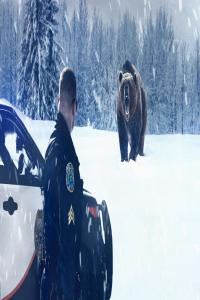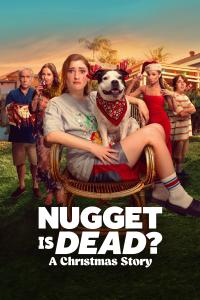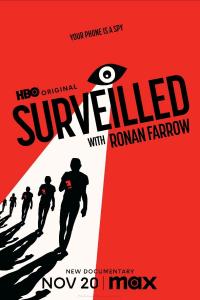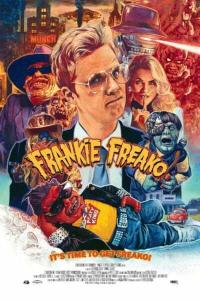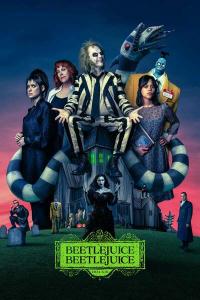Torrent details for "Tiny Python Projects By Ken Youens-Clark (2020) [AhLaN]" Log in to bookmark
Controls:
Category:
Language:
 English
EnglishTotal Size:
22.98 MB
Info Hash:
77280b4b4665e1de6bb861eeb5ed160b898a5225
Added By:
Added:
15-09-2020 17:34
Views:
660
Health:

Seeds:
3
Leechers:
0
Completed:
1,008
Thanks for rating :
p751 (5),
(5),
p751
---------------------------------------------------------------------------------

-----------------------------------------------------------------------------------
Proudly Presents
-----------------------------------------------------------------------------------
Tiny Python Projects By Ken Youens-Clark (2020) [AhLaN]
by Ken Youens-Clark
Length: 440 pages
Edition: 1
Language: English
Publisher: Manning Publications
Publication Date: 2020-09-01
ISBN-10: 1617297518
ISBN-13: 9781617297519

SUPPLiER.......: WWW RELEASE DATE......: 15/09/20
Uploader.......: abidmail Collector.........: abidmail
... About This Book ...
Tiny Python Projects takes you from amateur to Pythonista as you create 22 bitesize programs. Each tiny project teaches you a new programming concept, from the basics of lists and strings right through to regular expressions and randomness.
Summary
A long journey is really a lot of little steps. The same is true when you’re learning Python, so you may as well have some fun along the way! Written in a lighthearted style with entertaining exercises that build powerful skills, Tiny Python Projects takes you from amateur to Pythonista as you create 22 bitesize programs. Each tiny project teaches you a new programming concept, from the basics of lists and strings right through to regular expressions and randomness. Along the way you’ll also discover how testing can make you a better programmer in any language.
About the technology
Who says learning to program has to be boring? The 21 activities in this book teach Python fundamentals through puzzles and games. Not only will you be entertained with every exercise, but you’ll learn about text manipulation, basic algorithms, and lists and dictionaries as you go. It’s the ideal way for any Python newbie to gain confidence and experience.
About the book
The projects are tiny, but the rewards are big: each chapter in Tiny Python Projects challenges you with a new Python program, including a password creator, a word rhymer, and a Shakespearean insult generator. As you complete these entertaining exercises, you’ll graduate from a Python beginner to a confident programmer—and you’ll have a good time doing it!
What’s inside
Write command-line Python programs
Manipulate Python data structures
Use and control randomness
Write and run tests for programs and functions
Download testing suites for each project
About the reader
For readers with beginner programming skills.
About the author
Ken Youens-Clark is a Senior Scientific Programmer at the University of Arizona. He has an MS in Biosystems Engineering and has been programming for over 20 years.
Table of Contents
1 How to write and test a Python program
2 The crow’s nest: Working with strings
3 Going on a picnic: Working with lists
4 Jump the Five: Working with dictionaries
5 Howler: Working with files and STDOUT
6 Words count: Reading files and STDIN, iterating lists, formatting strings
7 Gashlycrumb: Looking items up in a dictionary
8 Apples and Bananas: Find and replace
9 Dial-a-Curse: Generating random insults from lists of words
10 Telephone: Randomly mutating strings
11 Bottles of Beer Song: Writing and testing functions
12 Ransom: Randomly capitalizing text
13 Twelve Days of Christmas: Algorithm design
14 Rhymer: Using regular expressions to create rhyming words
15 The Kentucky Friar: More regular expressions
16 The Scrambler: Randomly reordering the middles of words
17 Mad Libs: Using regular expressions
18 Gematria: Numeric encoding of text using ASCII values
19 Workout of the Day: Parsing CSV files, creating text table output



